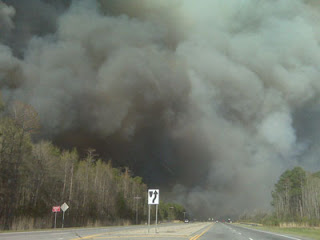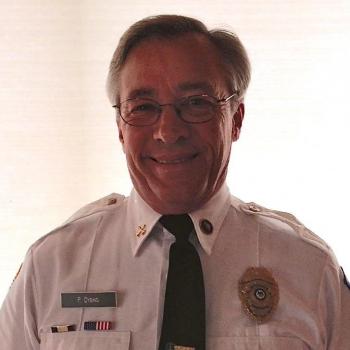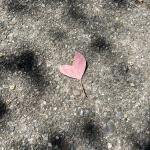Last week in a small Georgia community residents exemplified the cohesion that a community can develop in the face of disaster. Wild Fire swept through their town and people of all races, faiths and cultures pulled together. Homes were lost to the power of Fire and the community exemplified what it means to be united in support of both the victims and responders.
Established groups served more than 4,500 meals to hundreds of firefighters. Families who lost their homes were provided shelter, clothing and income. There were no signs of the forces that would divide the community, only selfless compassion and true unity.
Is our Pagan community prepared to respond in centralized haste when Pagans face disaster? Should the worst happen and an American city is crippled are we able to come together and sustain meaningful relief for our Pagan sisters and brothers? In short, the answer is No!
Responding to disaster requires pre planning in funding, logistics and operations. Waiting for the disaster to strike to take action ensures that any effort will be short on success and long on confusion and debate.
As a community, we have recently proven that we can come together in mutual intent and manifest positive change in the world. Will this positive step in the maturation of our community create support for creation of a “Pagan Relief Services Coalition” that can plan for future events that effect Pagan families or communities?
Such an organization would need the participation of many well-established Pagan organizations; with advance commitments of funding, networking and organizational focus. While some suggest building a new unaffiliated organization, such an approach will lead to another ‘new’ organization competing for support of its efforts. It is in Pagan unity that such an organization could be realized.
When Hurricane Katrina inundated New Orleans, faith based organizations provided relief to their adherents. As a group, Pagan families had no such option. We as a community have arrived at a crossroads. Will we establish the ability to meet the needs of our community when disaster strikes; or will we ignore this opportunity to build a disaster infrastructure and make a difference?
We recently proved we could; now the question is will we?
















